
Understanding the Role of Industrial Diesel in Sustainable Energy Transition
As the world grapples with the pressing need for sustainable energy solutions, the role of industrial diesel remains a pivotal area of exploration within the context of the energy transition. According to the International Energy Agency (IEA), industrial diesel accounts for nearly 20% of the total global energy consumption in the industrial sector, highlighting its significance in powering machinery and equipment across various industries. Furthermore, McKinsey & Company projects that while the shift towards renewable energy sources is inevitable, diesel fuel is expected to continue playing an essential role, particularly in hard-to-abate sectors such as construction, mining, and agriculture. The challenge lies in balancing the reliability and efficiency of industrial diesel with the demand for lower carbon emissions, necessitating innovative technologies and policies that aim to optimize its use while paving the way for a more sustainable energy future.
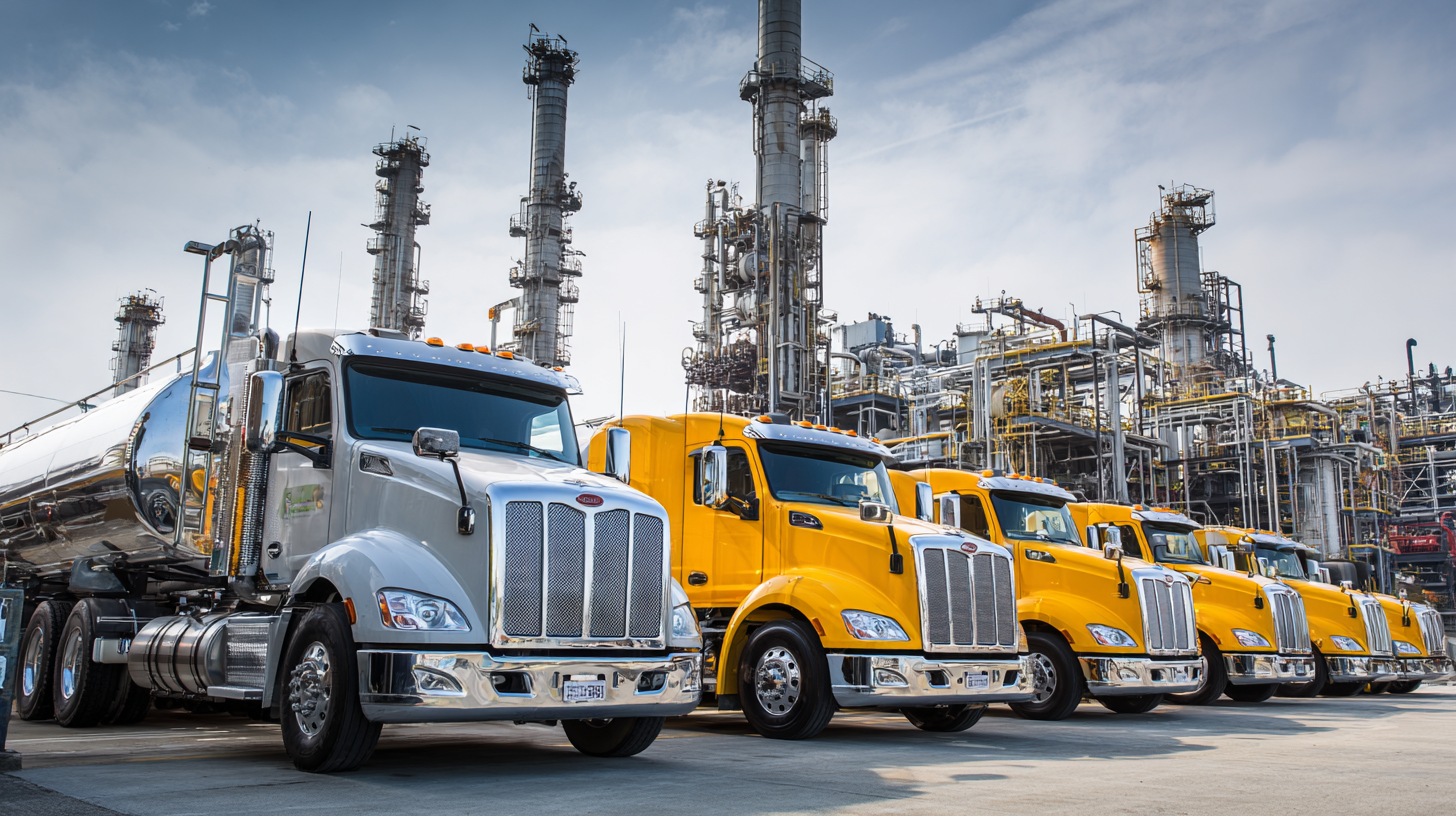
The Importance of Industrial Diesel in the Energy Mix of the Future
Industrial diesel plays a significant role in the future energy mix as industries pivot towards sustainable energy solutions. With its high energy density and reliability, diesel fuel remains a crucial component for heavy machinery and transportation in sectors that are not yet fully electrified. As companies aim to reduce their carbon footprints, the focus is shifting towards optimizing diesel engines for efficiency and integrating renewable fuels into the existing diesel infrastructure. This approach allows for a gradual transition where industrial diesel acts as a bridge to more sustainable energy practices.
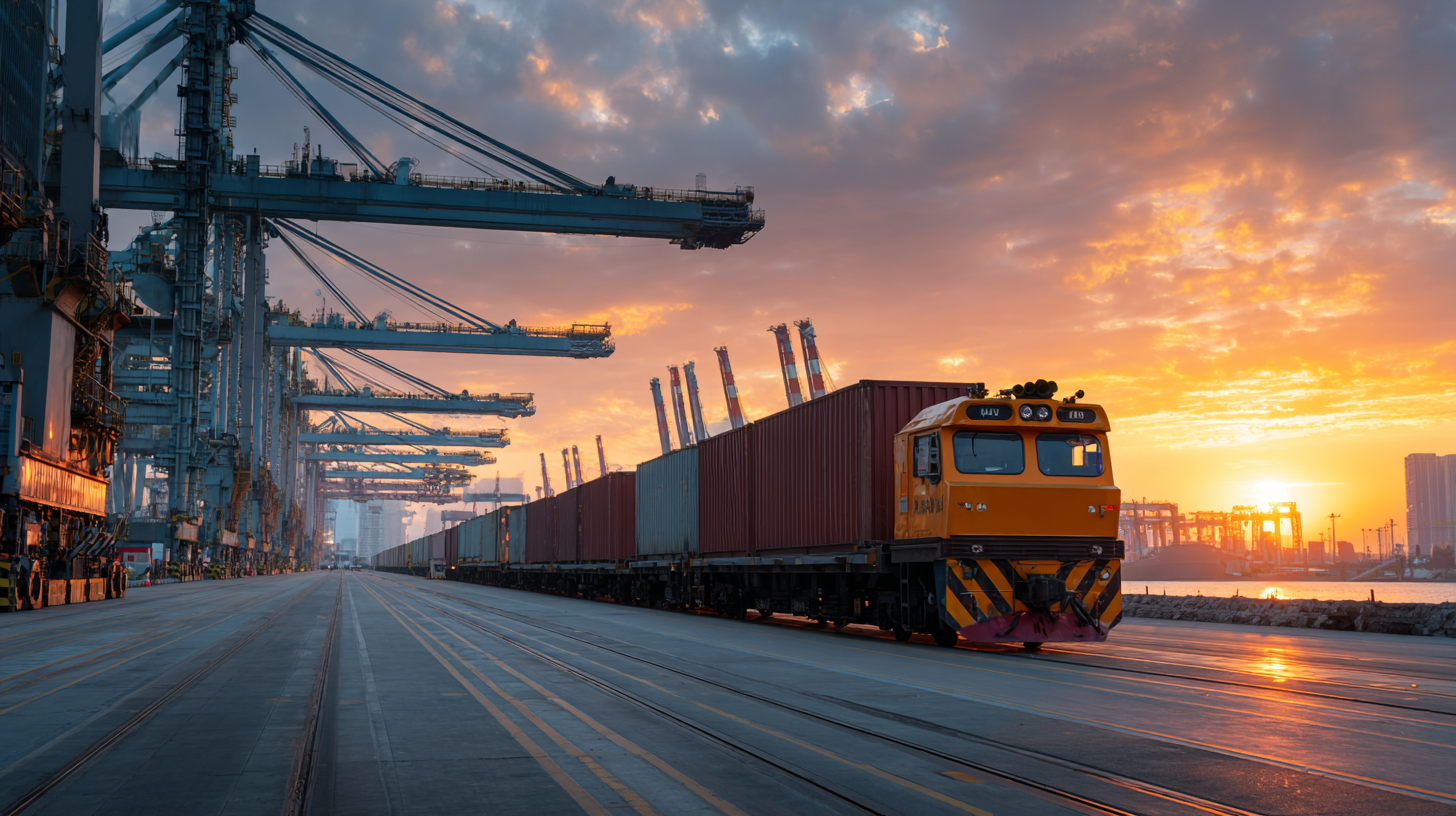
Evaluating Environmental Impact of Diesel in Sustainable Energy Systems
The environmental impact of industrial diesel use in sustainable energy systems is a multifaceted issue that requires careful evaluation. While diesel engines are known for their efficiency and durability, their emissions contribute significantly to air pollution and greenhouse gas (GHG) levels. The challenge lies in balancing the practical benefits of diesel-powered machinery with the pressing need to reduce our carbon footprint. Diesel combustion releases nitrogen oxides and particulate matter, which not only harm local air quality but also have broader implications for climate change.
Despite these challenges, innovations in diesel technology are paving the way for a more sustainable approach. Advances such as low-sulfur diesel fuels, diesel particulate filters, and selective catalytic reduction systems are designed to mitigate emissions. Furthermore, the potential integration of biodiesel and renewable diesel alternatives into existing infrastructures can offer a transitional pathway, reducing reliance on fossil fuels while still utilizing the operational advantages of diesel engines. By evaluating these impacts and adopting cleaner technologies, the industry can play a vital role in the transition towards more sustainable energy systems.
Innovations in Diesel Technology for Cleaner Energy Production
As the world shifts towards more sustainable energy solutions, innovations in diesel technology are paving the way for cleaner energy production. Advanced diesel engines have undergone significant enhancements, resulting in reduced emissions and improved fuel efficiency. For instance, the integration of common-rail direct fuel injection and turbocharging technology has optimized combustion processes, minimizing particulate matter and nitrogen oxide outputs. These advancements not only support compliance with stringent environmental regulations but also enhance the overall performance of diesel engines.
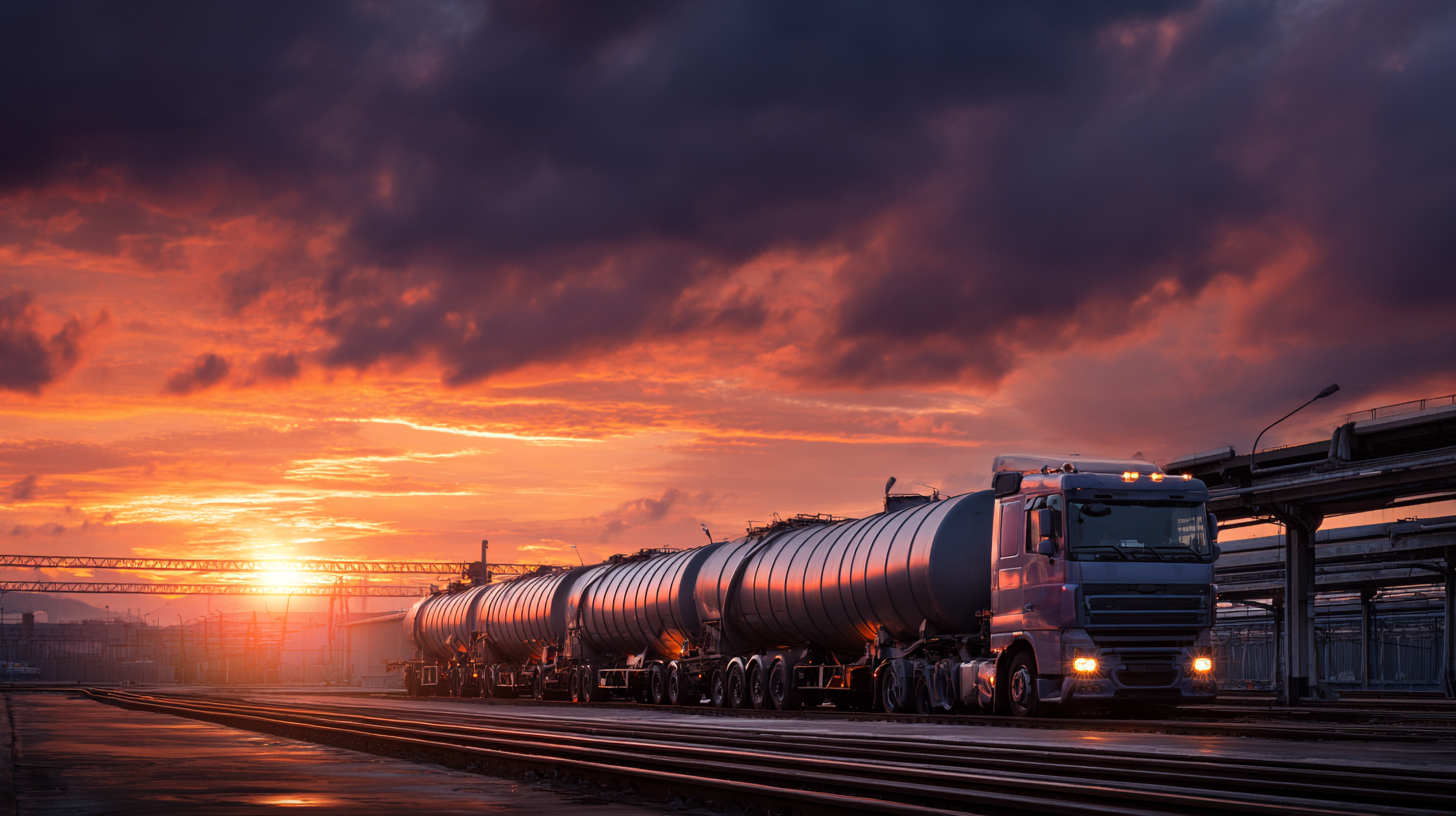
Tips: Consider adopting biodiesel blends, which can reduce greenhouse gas emissions while utilizing existing diesel infrastructure. Additionally, staying informed about the latest technological innovations can help businesses make informed decisions on upgrading their diesel fleets.
Another exciting trend is the development of renewable diesel, derived from organic materials. This alternative not only retains the physical and chemical properties of traditional diesel but also significantly reduces lifecycle carbon emissions. Companies embracing renewable diesel are not only contributing to sustainability but also enjoying potential cost benefits and improved public perception.
Tips: Regularly service diesel engines to maintain optimal performance and emissions standards. Explore partnerships with renewable fuel suppliers to transition toward more sustainable fuel options seamlessly.
Transition Strategies: Integrating Diesel with Renewable Energy Sources
As the world shifts towards a more sustainable energy framework, the integration of industrial diesel with renewable energy sources emerges as a pivotal strategy. According to a report from the International Energy Agency (IEA), the global demand for diesel fuel is projected to decrease by 20% by 2030, largely due to the increasing adoption of cleaner energy alternatives. However, in many regions, diesel remains a critical component for energy reliability, especially in industries with high energy demands. Through strategic integration, diesel can serve as a bridging technology, complementing renewable sources like solar and wind, which often face intermittency challenges.
Transition strategies are crucial for effective integration. For instance, a report from the World Bank highlights that implementing dual-fuel systems—which allow engines to switch between diesel and biofuels—can reduce greenhouse gas emissions by up to 30%. Furthermore, advancements in hybrid technologies enable industries to reduce their reliance on diesel during peak renewable output periods, thus optimizing energy usage and minimizing costs. By leveraging existing diesel infrastructure while accelerating the transition to renewables, industries can achieve a more balanced and sustainable energy model that mitigates environmental impacts while maintaining operational efficiency.
Understanding the Role of Industrial Diesel in Sustainable Energy Transition
This chart illustrates the integration of industrial diesel with various renewable energy sources in the transition to sustainable energy. The data represents the percentage contribution of each energy source to the overall energy mix in a hypothetical industrial setting for a given year.
Regulatory and Market Trends Shaping Diesel's Role in Sustainability
As the world moves towards a sustainable energy transition, the role of industrial diesel is being reshaped by regulatory and market trends. Increased governmental focus on environmental regulations, coupled with the surge in renewable diesel, highlights a significant shift in the market. Companies are innovating to produce cleaner fuels, and this momentum is fostering a competitive landscape in which traditional diesel must adapt or risk obsolescence.
Tips: To stay informed on market trends, consider subscribing to industry newsletters and attending conferences that focus on sustainable energy solutions. Engaging in discussions with experts can also provide valuable insights into how regulations might affect your operations.
Moreover, the hydro-processing catalysts market is anticipated to see substantial growth as industries seek to refine processes for sustainability. Companies will need to harness these catalysts to improve their existing diesel formulations or transition to renewable options efficiently. Keeping abreast of technological advancements in refining will be crucial for businesses that rely heavily on diesel fuel.
Tips: Explore partnerships with technology providers focused on clean energy innovations to enhance your operational capabilities. Regularly evaluating your supply chain for sustainability practices can also help align with shifting consumer expectations and regulatory demands.
Understanding the Role of Industrial Diesel in Sustainable Energy Transition
| Dimension | Value |
|---|---|
| Global Diesel Consumption (million barrels/day) | 4.0 |
| Share of Diesel in Global Energy Mix (%) | 12 |
| Projected Diesel Demand Growth (2025, %) | 1.5 |
| Average Diesel Price (USD per liter) | 1.20 |
| Regulatory Impact (Emission Targets Set by Major Regions) | 80% reduction by 2050 |
| Investment in Diesel Alternatives (Billion USD, 2023) | 15 |
| Countries with Diesel Phase-out Plans | 10 |
Related Posts
-
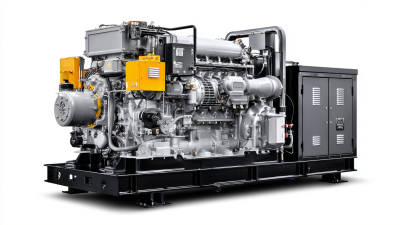
Maximize Your Power Supply: The Unmatched Reliability of Perkins Generators for Every Need
-
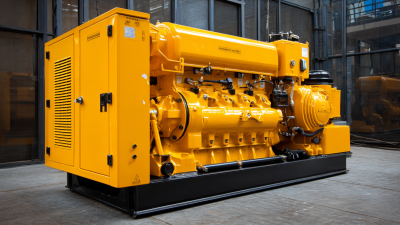
The Ultimate Guide to Choosing the Right Small Diesel Generator for Your Needs
-
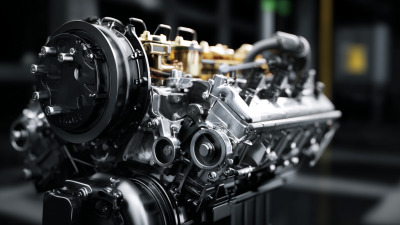
Explore the Advantages of Kohler Diesel Engines for Heavy Duty Applications
-
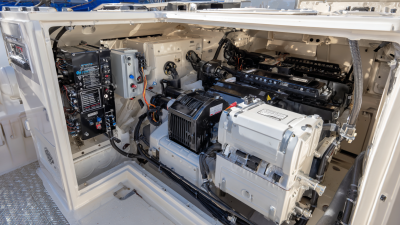
Ultimate Guide to Choosing the Perfect Marine Generators for Your Needs